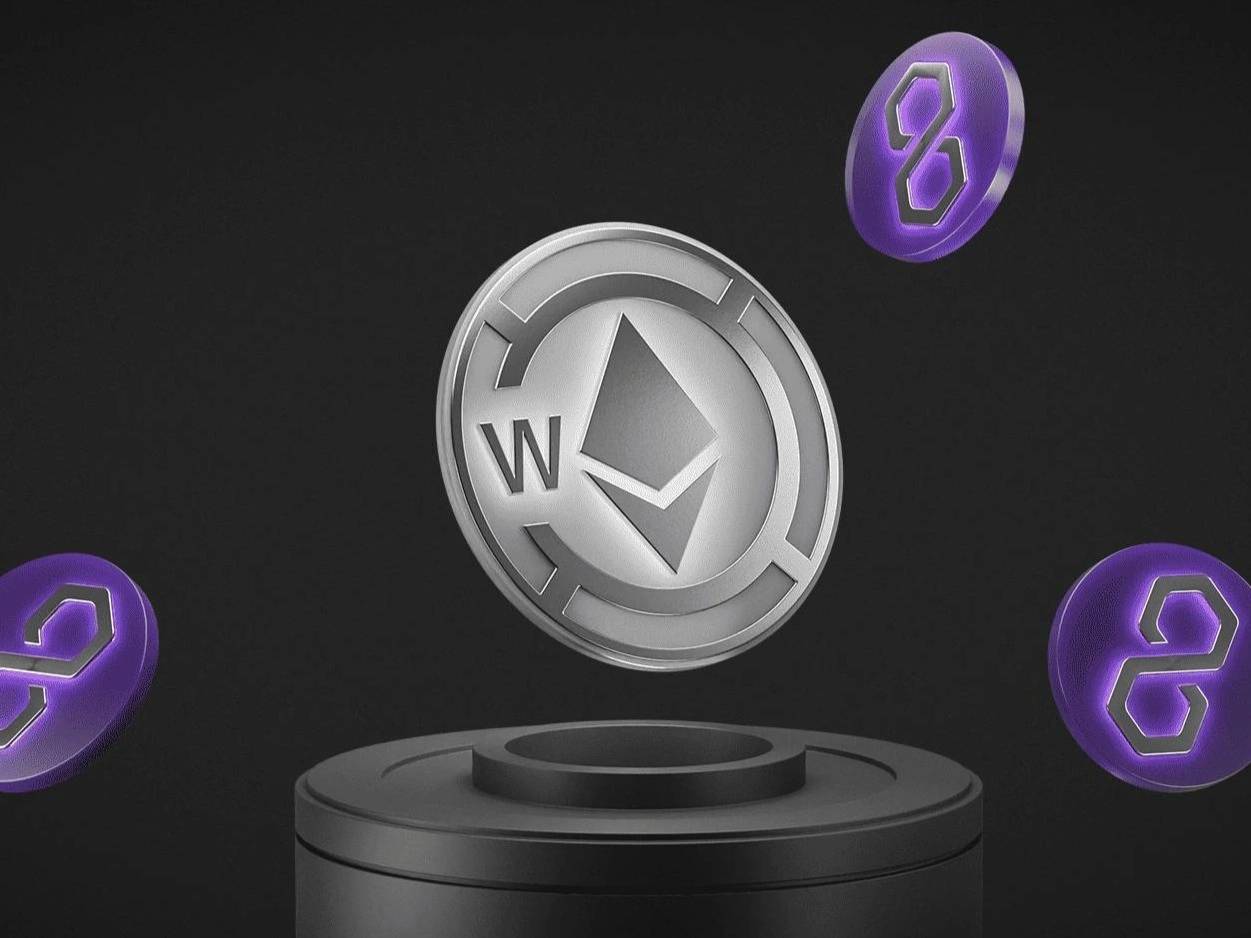Subscribe to wiki
Share wiki
Bookmark
Polygon PoS Bridged WETH
The Agent Tokenization Platform (ATP):Build autonomous agents with the Agent Development Kit (ADK)
0%
Polygon PoS Bridged WETH
Polygon PoS Bridged WETH is a tokenized representation of Ethereum specifically designed for use on the Polygon Proof-of-Stake (PoS) network. It serves as a 1:1 pegged asset, allowing users to seamlessly transfer their Ethereum-based assets to Polygon's ecosystem to leverage its benefits, such as lower transaction fees and faster processing times, for decentralized applications (dApps) and decentralized finance (DeFi) protocols. [1]
Overview
WETH on Polygon acts as a crucial bridge between the Ethereum mainnet and the Polygon PoS network, enabling greater interoperability and liquidity across these blockchain environments. By converting native ETH into WETH via the Polygon PoS bridge, users gain access to a broader range of DeFi products and services available on Polygon, circumventing the high gas fees and network congestion often associated with the Ethereum base layer. This mechanism facilitates a more efficient and cost-effective user experience for engaging with the decentralized ecosystem [1].
The design of WETH on Polygon ensures that each token is fully backed by an equivalent amount of ETH locked on the Ethereum mainnet. This strict 1:1 peg is fundamental to maintaining user confidence and the asset's value parity with native Ether.
Tokenomics
Polygon PoS Bridged WETH (Polygon POS) is a bridged version of Wrapped Ether (WETH) deployed on the Polygon Proof-of-Stake (PoS) network. The token maintains a market capitalization of approximately $416.97 million, placing it at rank #200 by market cap. The 24-hour trading volume stands at around $20.75 million, with the token trading between a high of $3,662.02 and a low of $3,524.22.
Governance
WETH itself does not possess a direct, independent governance mechanism tied to the token. Instead, its operational parameters, security upgrades, and any changes to its usage are determined by the broader governance framework of the Polygon network. Decisions concerning the Polygon PoS bridge, including its upgrades, security protocols, and operational adjustments, are made by Polygon validators and the Polygon Decentralized Autonomous Organization (DAO). [1] [3]
Holders of Polygon's native tokens, such as MATIC (which is transitioning to POL), are empowered to participate in governance votes on critical protocol issues. While WETH holders do not directly vote on these matters, they indirectly benefit from the decisions made by the Polygon governance community, as these decisions impact the underlying infrastructure and security of the bridge that supports WETH [1].
MATIC to POL
Polygon’s transition from MATIC to POL represents a significant step in the network’s broader evolution. As part of ongoing infrastructure upgrades, POL replaces MATIC as the protocol’s native token, reflecting a shift toward enhanced scalability and governance. Despite this token migration, core assets like Polygon PoS Bridged WETH remain integral to the ecosystem. WETH continues to facilitate decentralized finance (DeFi) operations and cross-chain liquidity, maintaining its role within Polygon’s framework for Ethereum interoperability and ecosystem growth. [1]
See something wrong?
The Agent Tokenization Platform (ATP):Build autonomous agents with the Agent Development Kit (ADK)
